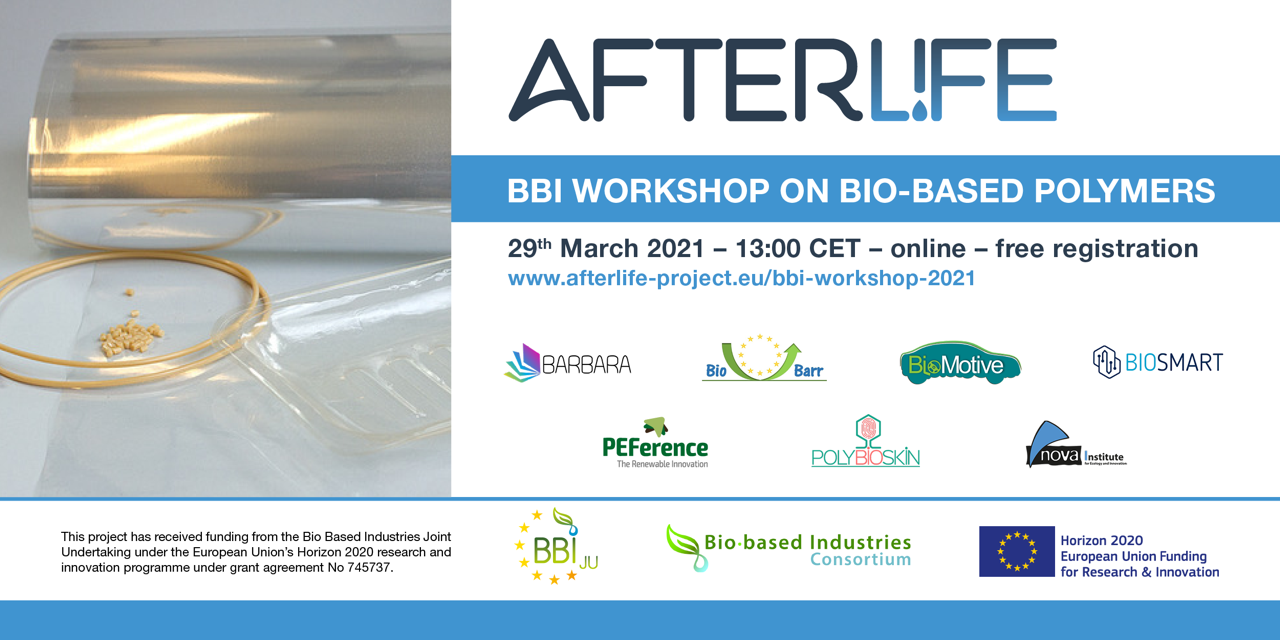
The free online event puts seven inspiring projects into the spotlight. Eight speakers from five different countries will give insights into their latest developments. Which solutions are they betting on? To what level is their technology for the production of bio-based polymers already developed?
A lot is already possible: From the valorisation of wastewater over biodegradable, biocompatible wound dressings and automotive prototypes derived from organic waste to FDCA based on agricultural co-products and bio-smart packaging. The workshop will take place on 29 March 2021 from 13:00 to 16:40 CET. Registration and workshop programme can be found at www.afterlife-project.eu/bbi-workshop-2021.
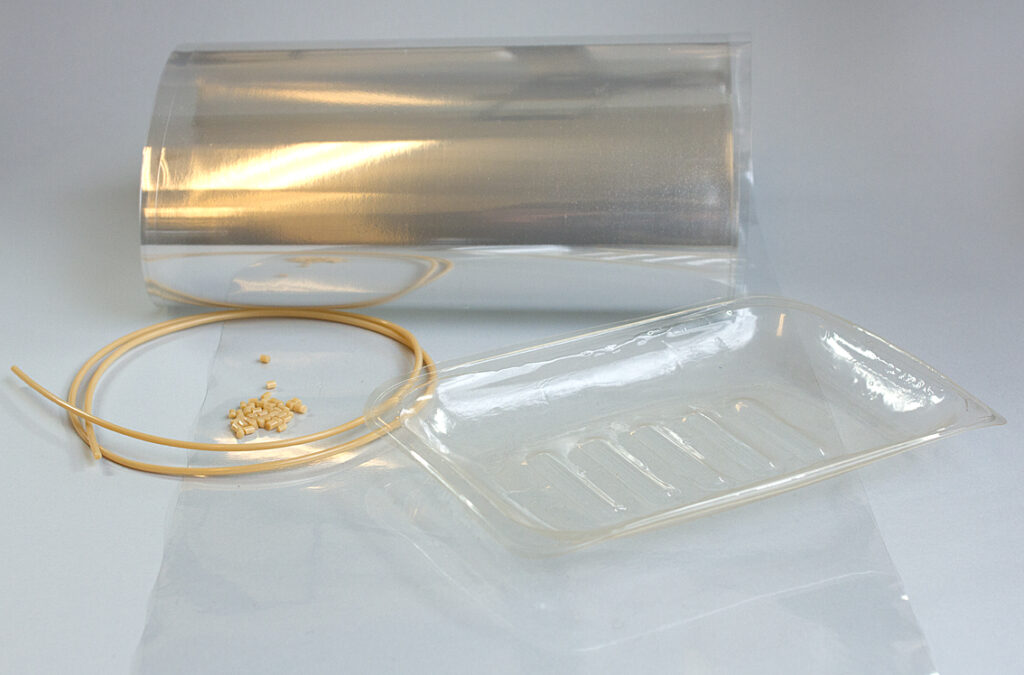
Bio-based polymer products, picture provided by the AFTERLIFE partner VTT
Plastic waste, litter on beaches: How do we get to a circular economy from here?
Nicolas Hark from the nova-Institute will give answers. He will address the plastics strategy of the EU. The items found on European Beaches, that were studied by the European Joint Research Centre, play a role in this strategy. Which approach does the EU Single Use Plastics Directive (SUPD) follow? Can it solve the problem? Nicolas Hark will give an overview of status quo, timeline, approach and impact of the SUPD and put it into perspective for bio-based plastics producers and users. He will give an outlook on the New Circular Economy Action Plan and answer questions from the participants.
Here are the seven projects and their innovative bio-based polymers technologies and applications in more detail:
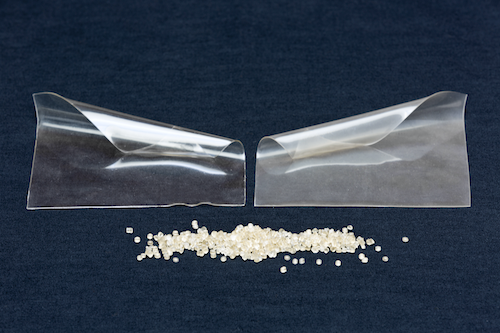
Bio-based polymer products, picture provided by the AFTERLIFE partner Lurederra
AFTERLIFE proposes a flexible, cost- and resource-efficient process framed in the zero-waste and circular economy approach to recover and valorise the relevant fractions from wastewater. Value-added bio-based polymers (polyhydroxyalkanoates or PHAs) are one of the target products. Key challenges associated with PHA production and utilisation include improving the extraction and purification step, establishing a suitable compounding process to obtain bio-based polymer materials with adequate characteristics, and material recyclability. AFTERLIFE addresses all of these challenges.
More about the AFTERLIFE project here: www.afterlife-project.eu
 BARBARA – Biopolymers with advanced functionalities for building and automotive parts processed through additive manufacturing
BARBARA – Biopolymers with advanced functionalities for building and automotive parts processed through additive manufacturing
Product from the BARBARA project, picture provided by Tecnopackaging
Can you imagine buying a vehicle with parts made from corn, almond shell, pomegranate or lemon? Can you picture yourself in a building which structure is built using a technology based on these products? The BARBARA project has shown that these ideas might come true. Its additive manufacturing technology that applies processes based on fused filament has developed new applications and products from renewable materials. They incorporate organic waste from which automotive and construction prototypes are obtained, such as trims, fascias or monolithic joints, which give these pieces high added value properties.
More about the BARBARA project here: www.barbaraproject.eu
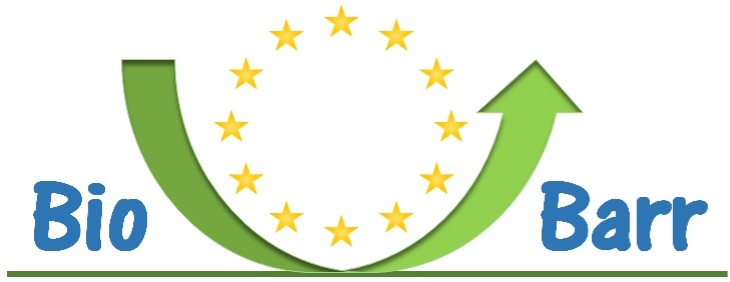 BioBarr – New bio-based food packaging materials with enhanced barrier properties
BioBarr – New bio-based food packaging materials with enhanced barrier properties
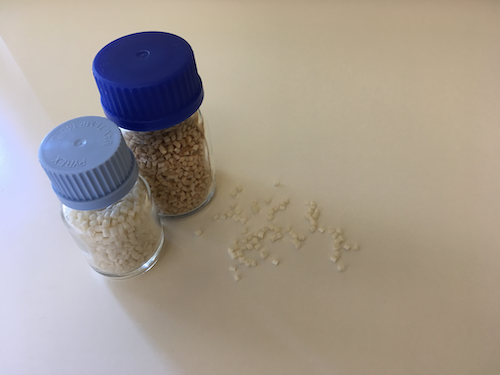
Products from the BioBarr project, picture provided by Tecnoalimenti
6 partners from 4 European countries are teaming up to proactively search for alternatives to fossil-based raw materials: BioBarr project aims to develop a new food packaging system starting from the innovative bio-based polymers family of polyhydroxyalkanoates (PHAs), 100 % bio-based and biodegradable. The bio-based polymer, produced through an innovative biotechnology completely based on natural bacterial fermentation of agricultural by-products, will represent the support on which further functionalisation, based on coating treatments, will be developed for obtaining an eco-sustainable packaging able to guarantee the optimal preservation of foods without compromising in terms of biodegradability. Objectives, expected impacts, preliminary outcomes that emerged after three and a half years of work will be presented.
More about the BioBarr project here: www.biobarr.eu
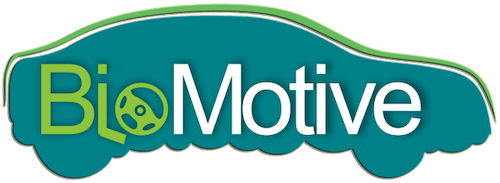 BIOMOTIVE – Advanced BIObased polyurethanes and fibres for the autoMOTIVE industry with increased environmental sustainability
BIOMOTIVE – Advanced BIObased polyurethanes and fibres for the autoMOTIVE industry with increased environmental sustainability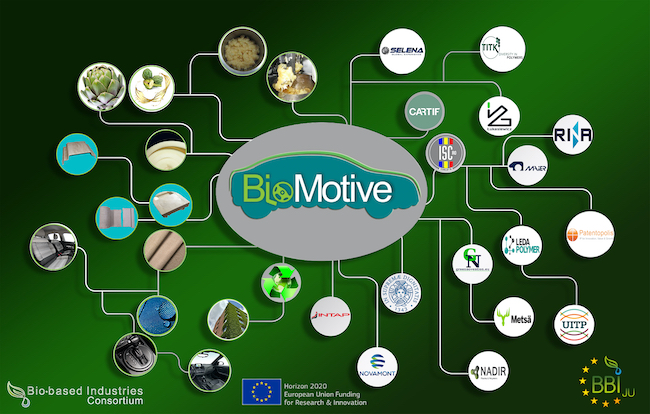
Vehicles are composed of different materials. Fundamental are, among others, polyurethanes (PU). BIOMOTIVE aims to develop a bio-based polymer that mimics the technical properties of PU and also provides the required aesthetics and haptics.
More about the BIOMOTIVE project here: www.biomotive.info
 BIOSMART Packaging, the intelligent biobased packaging solution to increase food shelf life
BIOSMART Packaging, the intelligent biobased packaging solution to increase food shelf life
BIOSMART aims to develop bio-based and compostable packaging with desired properties, such as light-weight, shelf-life monitoring and extended shelf-life, easier waste handling and a competitive price.
More about the BIOSMART project here: www.biosmart-project.eu
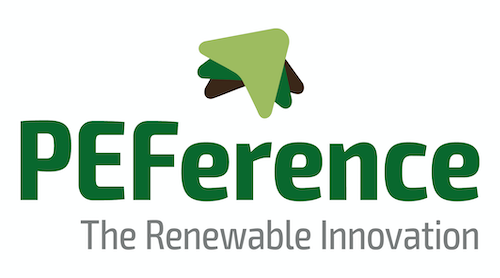 PEFerence – From bio-based feedstocks via di-acids to multiple advanced bio-based materials with a preference for polyethylene furanoate
PEFerence – From bio-based feedstocks via di-acids to multiple advanced bio-based materials with a preference for polyethylene furanoate
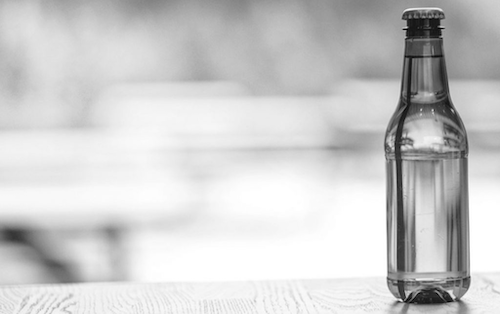
Bio-based plastic bottle, picture provided by the PEFerence project
The PEFerence Consortium is a major contributor to the establishment of a first of a kind biorefinery flagship plant producing FDCA (furandicarboxylic acid), a bio-based building block to produce high value, fully recyclable products that can replace fossil-based plastic applications. Avantium’s YXY® Technology is a patented catalytic conversion route of widely available agricultural co-products into FDCA, the building block of PEF (polyethylene furanoate) – a 100 % plant-based and recyclable polyester with high durability and excellent barrier, allowing both light-weighting as well as longer shelf life for food and beverages. The durability and recyclability of PEF demonstrate how chemistry is a key enabler of the circular bio-economy.
More about the PEFerence project here: www.peference.eu
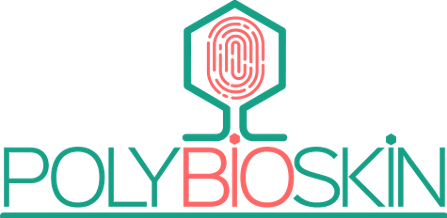 POLYBIOSKIN – High performance functional bio-based polymers for skin-contact products in biomedical, cosmetic and sanitary industry
POLYBIOSKIN – High performance functional bio-based polymers for skin-contact products in biomedical, cosmetic and sanitary industry
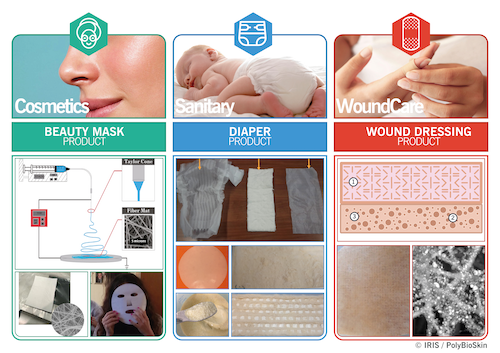
POLYBIOSKIN products, picture provided by IRIS Technology Group
The BBI JU-funded POLYBIOSKIN project formulated and developed bio-based, biodegradable and biocompatible materials to deliver skin-contact products for the hygiene, cosmetic and biomedical industries. The products used as models were a diaper, a face beauty mask and a wound dressing. All three products are very representative of these target industries.
Project partners produced three high-performance prototypes that were validated in a relevant industrial environment. These prototypes were created by using bio-based materials, in particular polylactic acid, polyhydroxyalkanoates, as well as other bio-based polyesters and polysaccharides, such as chitin nanofibrils, nanolignin, pullulan and starch.
The novelty in these products lies in the fact that they are mostly bio-based – the renewable content is about 90 %. In addition, they comply with safety and regulatory requirements. High performance is granted by exploiting bio-nanotechnology. Advanced in vitro experiments confirmed the products’ compatibility with skin.
More about the POLYBIOSKIN project here: www.polybioskin.eu
If you are interested in participating, please find the registration link and workshop programme under www.afterlife-project.eu/bbi-workshop-2021.
The AFTERLIFE project has received funding from the Bio Based Industries Joint Undertaking under the European Union’s Horizon 2020 research and innovation programme under grant agreement No 745737.
Source: nova-Institut GmbH